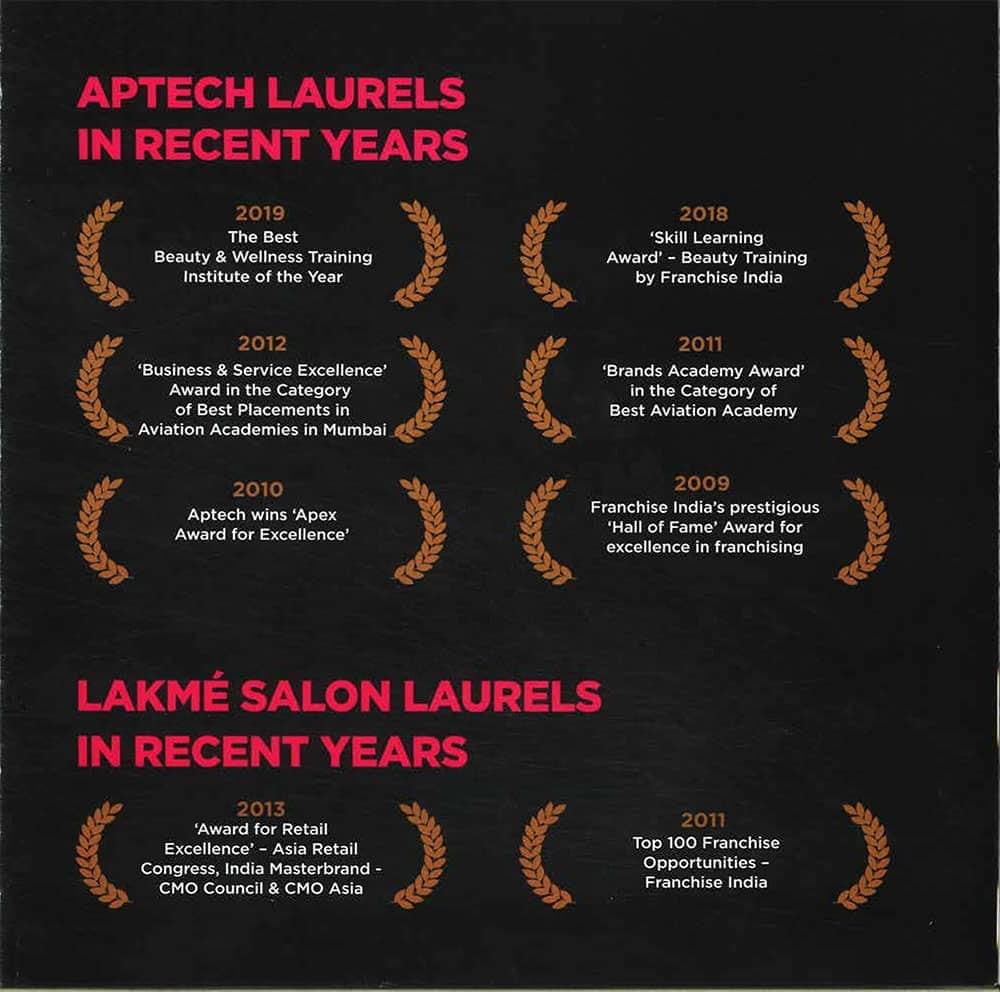Why Makeup Courses Should Include Skin Health and Nutrition Education

Makeup artistry is an ever-evolving field, where creativity and skill are paramount. However, a growing awareness within the beauty industry is highlighting the need for makeup courses to integrate a more holistic approach to skincare and nutrition education. While makeup artists are experts at transforming looks, understanding the health of the skin and the role nutrition plays in it is just as essential. This fusion of knowledge can elevate an artist’s craft, offering a deeper level of expertise and enabling them to offer clients not only a flawless appearance but long-term skin benefits as well.
The Role of Skin Health in Makeup Application
One of the primary objectives of any makeup artist is to create a smooth, even base for the makeup to sit on. Healthy, well-prepared skin is the key to achieving a flawless makeup application. Poor skin health can result in uneven texture, excessive dryness, or excess oil, all of which can interfere with makeup application and longevity.
Understanding skin health allows makeup artists to provide essential advice to clients about skin preparation before applying makeup. Artists can recommend appropriate skincare routines, from cleansing and exfoliating to moisturising and sun protection. When makeup artists are well-versed in skin health, they can adapt their techniques to suit the specific needs of their clients, ensuring both the makeup and the skin thrive.
For instance, if a client has dry skin, a makeup artist can choose hydrating primers, foundations, and setting sprays that won’t accentuate dryness. Conversely, for clients with oily skin, mattifying products can be used. By understanding the underlying skin condition, makeup artists can tailor their product choices and techniques for optimal results.
Nutrition and Its Impact on Skin
Skin health is not just determined by what we put on it; what we put into our bodies plays a vital role as well. Nutrition has a direct impact on the appearance and health of the skin. Diets rich in antioxidants, vitamins, and essential fatty acids can promote healthier, more radiant skin. Conversely, poor nutrition can lead to issues like acne, inflammation, and premature ageing.
For makeup artists, having knowledge of nutrition allows them to give clients holistic advice about maintaining skin health. For example, a makeup artist who understands the benefits of vitamin C in boosting collagen production and reducing pigmentation can suggest incorporating foods like citrus fruits and leafy greens into their diet.
By including nutrition education in makeup courses, beauty professionals can offer a more comprehensive service. They can advise clients not only on what makeup products to use but also on lifestyle changes and dietary choices that contribute to healthier skin. This gives artists the opportunity to stand out in a competitive market by offering clients more than just cosmetic solutions but long-term skin health advice as well.
How Makeup Courses Can Integrate Skin Health and Nutrition
To provide a complete learning experience, makeup courses should include modules that cover the basics of skin health and nutrition. This knowledge can complement technical makeup skills and provide future beauty professionals with a well-rounded approach to their craft. Here are a few ways makeup courses can incorporate skin health and nutrition:
1. Understanding Skin Types and Conditions
Makeup artists should learn to identify different skin types and conditions, such as dry, oily, combination, sensitive, and acne-prone skin. In-depth knowledge of skin allows artists to recommend suitable products and techniques to meet individual client needs.
2. The Link Between Diet and Skin Health
Courses should include lessons on how certain foods affect skin conditions. For example, the importance of antioxidants, such as those found in berries and green tea, or the impact of hydration through water consumption.
3. Skincare Routines for Makeup Artists
Makeup artists can benefit from understanding how to help clients achieve glowing skin through proper skincare routines. This knowledge allows artists to educate clients about skincare practices such as cleansing, exfoliating, toning, and moisturising, which can enhance makeup application and wear.
4. Recommended Diets for Specific Skin Conditions
Educating makeup artists about foods that can combat acne or reduce the appearance of dark spots can give them the edge in offering holistic advice to their clients.
5. Practical Application of Skin Health in Makeup
Integrating practical exercises into makeup courses that focus on adapting makeup techniques to suit various skin conditions can make the learning process more hands-on. For example, understanding how to work with sensitive skin can help artists avoid irritation, while knowledge of oily skin can lead to better setting techniques.
The Benefits of Including Skin Health and Nutrition Education
Integrating skin health and nutrition into makeup courses offers several benefits, not just for makeup artists but also for their clients. Here are some of the key advantages:
Improved Client Relationships: When makeup artists offer a more comprehensive service that addresses skin health and wellness, clients are likely to feel more valued and trust their expertise.
Enhanced Professional Credibility: Makeup artists who can offer holistic beauty advice, beyond just makeup techniques, are seen as more knowledgeable and professional.
Increased Demand for Services: With an increasing focus on wellness and skincare, clients are more likely to seek professionals who can guide them on both beauty and health. Offering this combination attracts a broader clientele.
Long-term Skin Benefits for Clients: Clients who follow the skin and nutrition advice given by knowledgeable makeup artists are likely to see long-term improvements in their skin, making them more likely to return.
Conclusion
The integration of skin health and nutrition education into makeup courses is not just a luxury, but a necessity for modern-day beauty professionals. By understanding the relationship between skin health, diet, and makeup application, makeup artists can provide clients with more holistic, effective services. This comprehensive approach will not only elevate the artistry involved but also help foster better relationships with clients, who will appreciate the well-rounded advice they receive.
At Lakmé Academy Chennai, we believe in empowering beauty professionals with all the knowledge they need to succeed, which is why our courses are designed to offer more than just makeup techniques. We provide education that encompasses the entire beauty and skincare journey. If you’re looking to develop your skills and stand out in the competitive beauty industry, enrol today and take your career to the next level.
Career Opportunities
Graduates of Lakmé Academy have gone on to work in the makeup industry in a variety of fields, including retail cosmetics, fashion, photography, bridal, film, and television services!
Some of the Career Opportunities are:
- High-end Salons
- Designer Runway Shows
- Media & Entertainment
- Freelance Makeup Artist
- Fashion Photography
- Fashion Promotion Events
- Beauty/Spa Salon Managers
- Retail Cosmetic Professional
- Modeling Agencies
- Beauty Training
- Print Advertising

